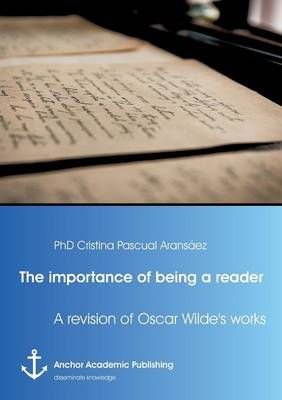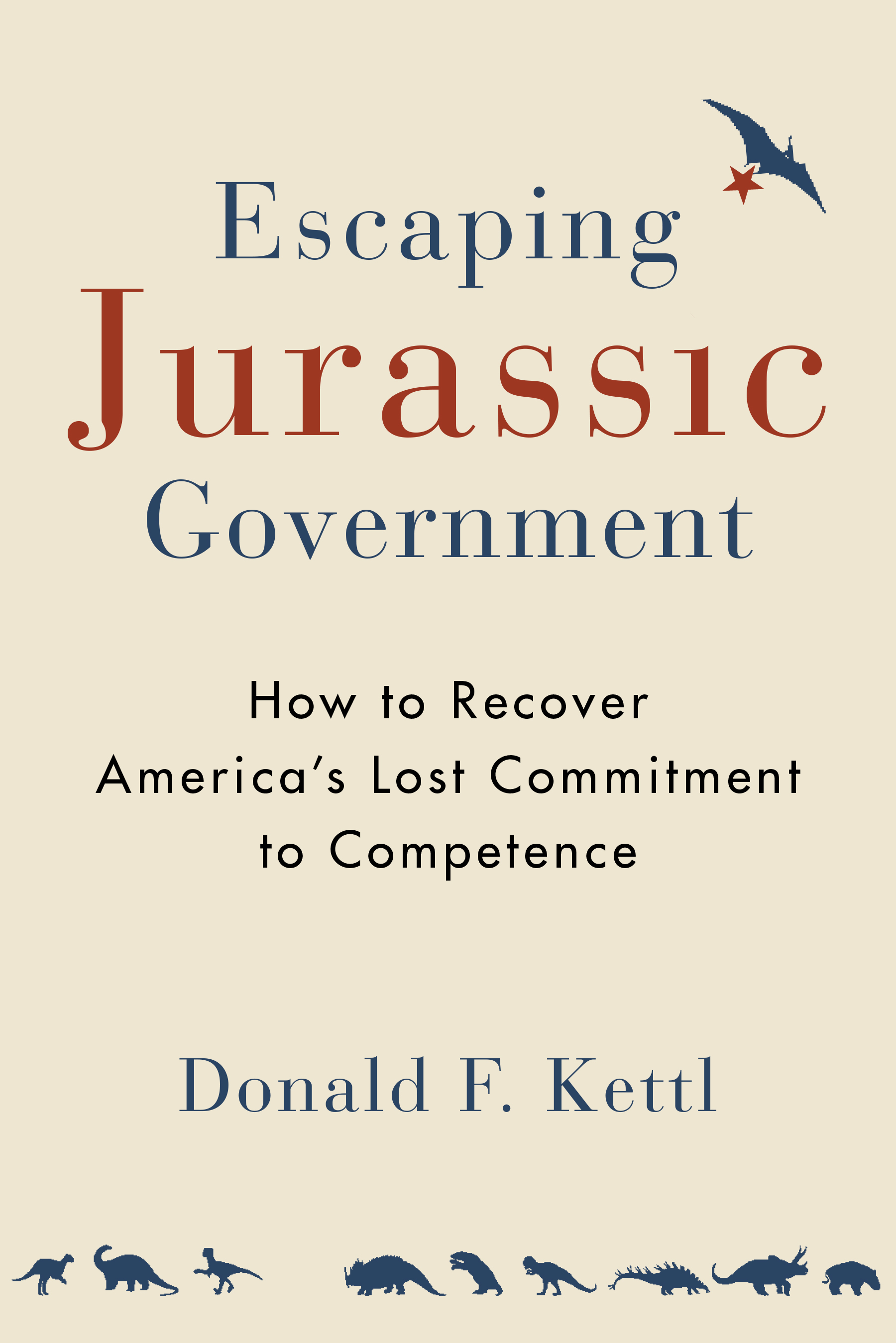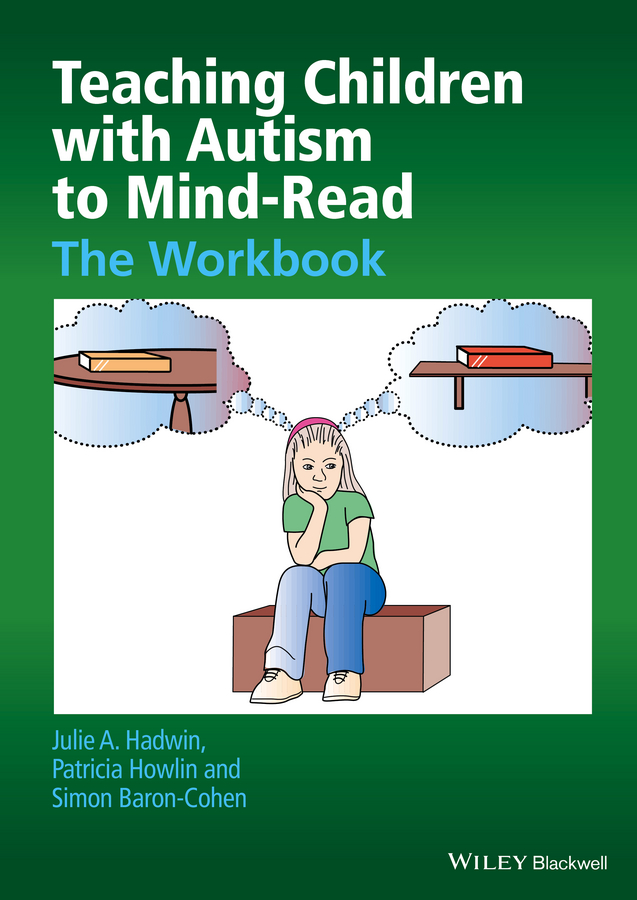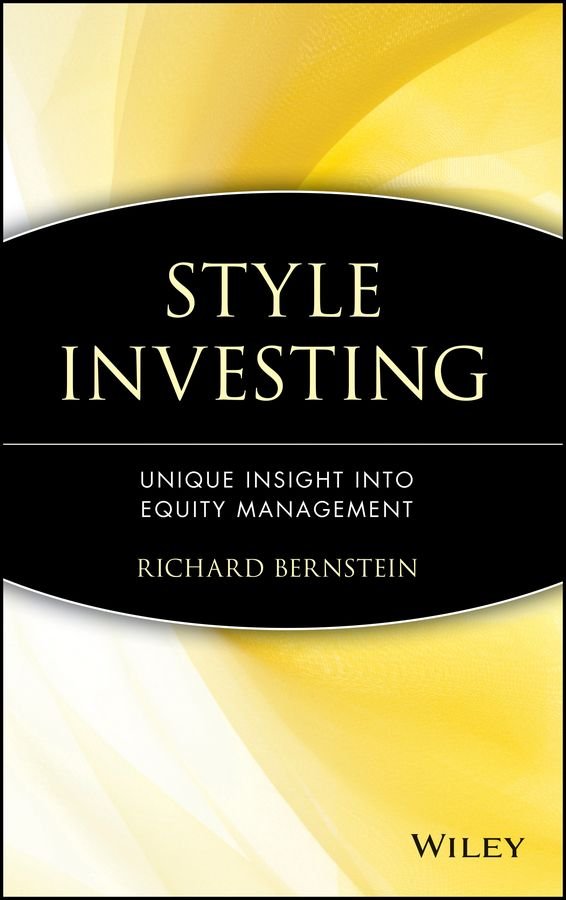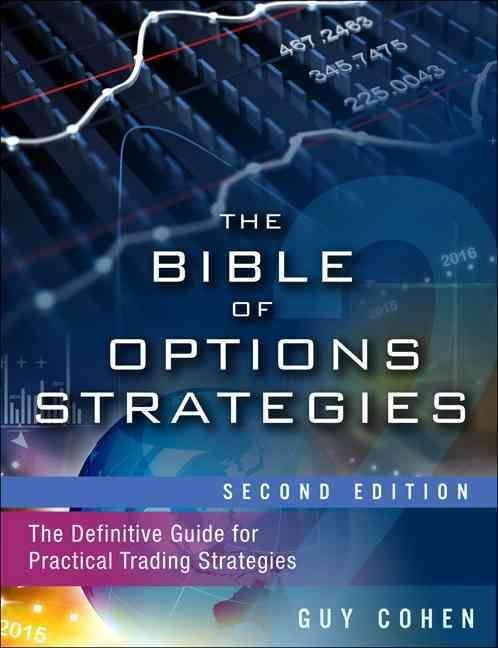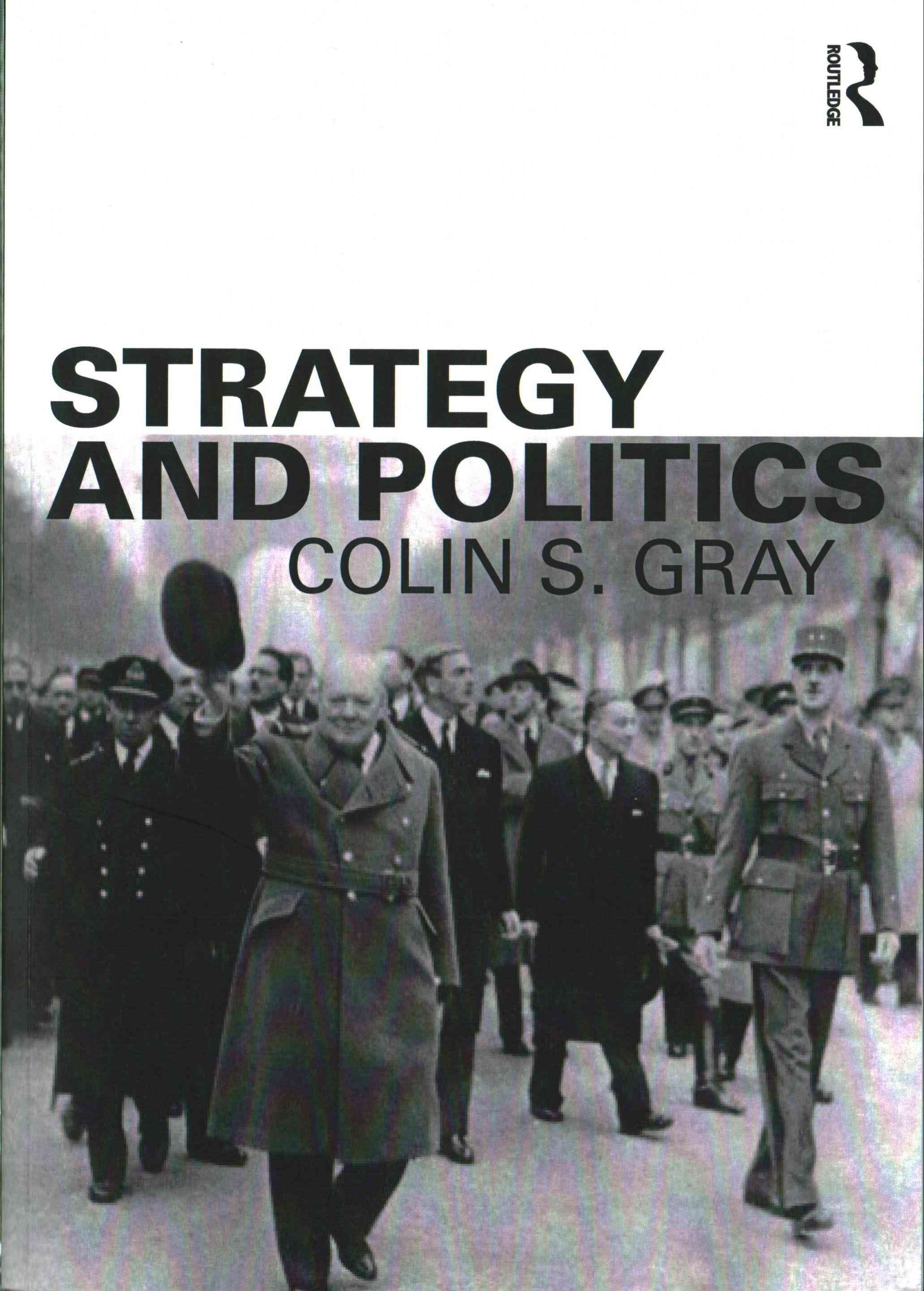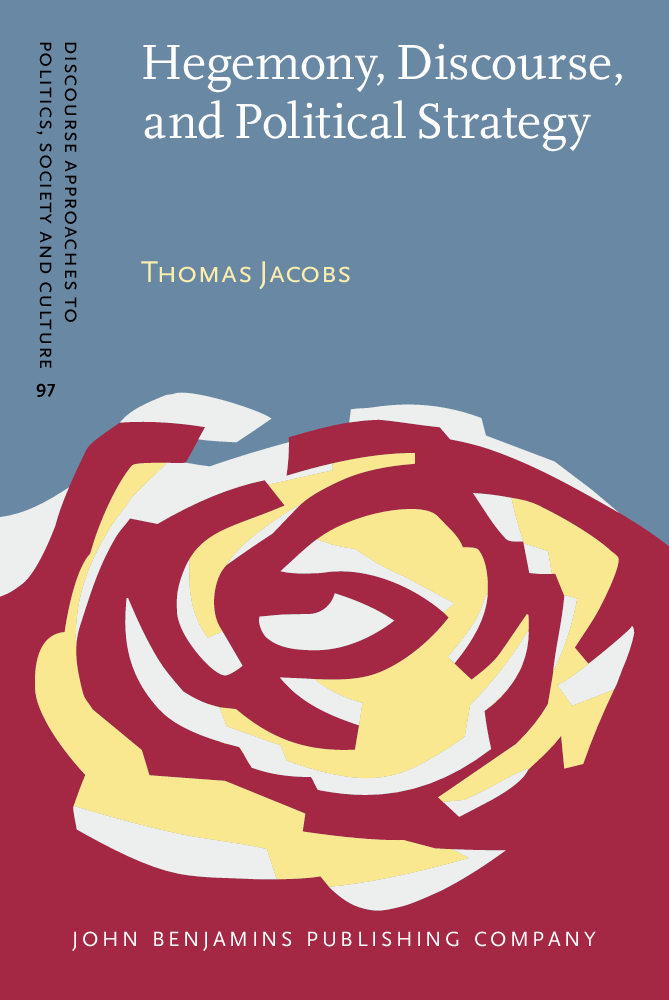This book explores Wilde’s works from the hypothesis that they call upon the active participation of the reader in the production of meaning. It has a twofold objective: first, it shows that Wilde’s emphasis on the creative role of the audience in his critical writings makes him conceive the reader as a co-creator in the construction of meaning. Second, it analyses the strategies which Wilde employs to impel the reader to collaborate in the creation of meaning of his literary works and casts light upon the social criticism derived from these. The examination of Wilde’s writings reveals how he gradually combined more sophisticated techniques that encouraged the reader’s dynamic role with the progressive exploitation of self-advertising strategies for professional purposes. These allowed the ‘commercial’ Oscar to make his works successful among the Victorian public without betraying the ’literary’ Wilde’s aesthetic principles. The present study re-evaluates Wilde as a critic and as a writer. It demonstrates that, while Wilde the ‘myth’ was ahead of his time in many ways, Wilde the ‘ARTIST’ anticipated in his aesthetic theory various themes which occupy contemporary literary theoreticians. Thus, it may contribute to give him the status he rightly deserves in the history of literature.
